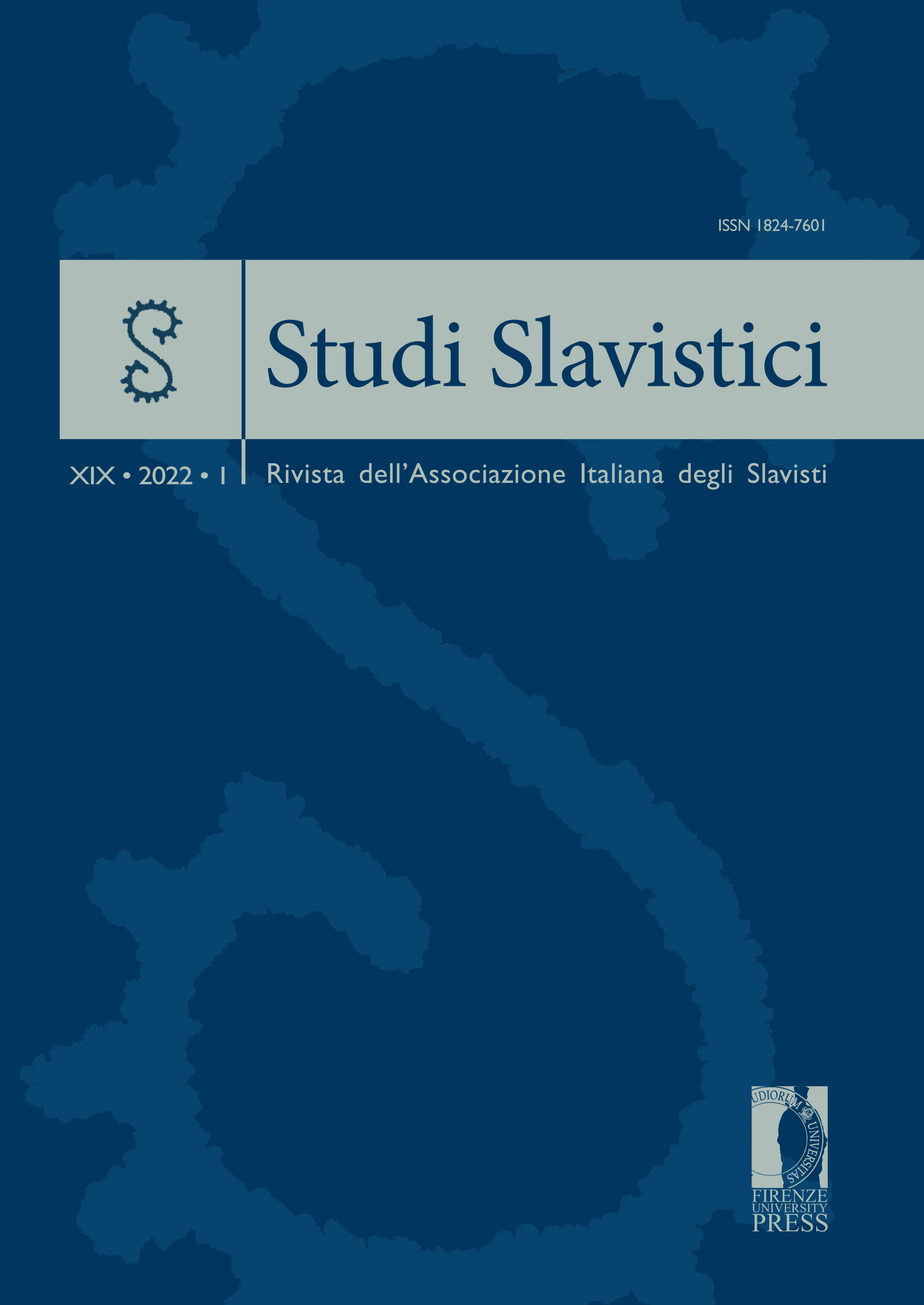Published 2022-05-28
Keywords
- Soviet Union,
- Linguistics,
- Formal Methods,
- Machine Translation,
- Chomsky
Abstract
After Stalin’s death, Soviet linguistics seemingly steered in a new direction, enthusiastically adopting mathematical methods within the upsurge of interest in machine translation. This fostered the acceptance of formal models disjointed from the rigid dictates of dialectical materialism and paved the way for the rediscovery of the scientific legacy of (post-)structuralist Euroamerican schools. In the eyes of the protagonists of this epistemological change, linguistics seemed to be freed from the traditional methodological constraints imposed by philology and literature. This short-lived yet intense period, however, is characterized by the polyphonic coexistence of several ideas and personalities, whose research activity can be properly understood and evaluated only from a broader historical perspective, encompassing both earlier and later stages, thus substantially curtailing the explanatory power of historical and thematic periodization. The study aims at examining the salient characteristics of the scientific environment surrounding the early critical reception of Noam Chomsky’s Syntactic Structures in the Soviet Union. By tackling specific terminological and epistemological issues, it is argued that the evolution of Soviet linguistics was not defined by abrupt saltational processes, but rather by a constant pendular oscillation which – depending on cultural, political, and historical circumstances – would grant temporary priority to some scientific approaches and orientations at the expense of others.


